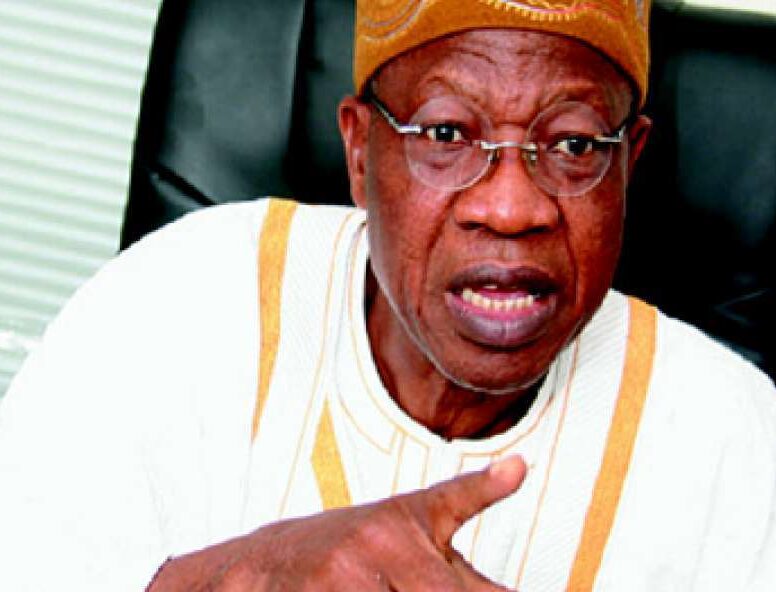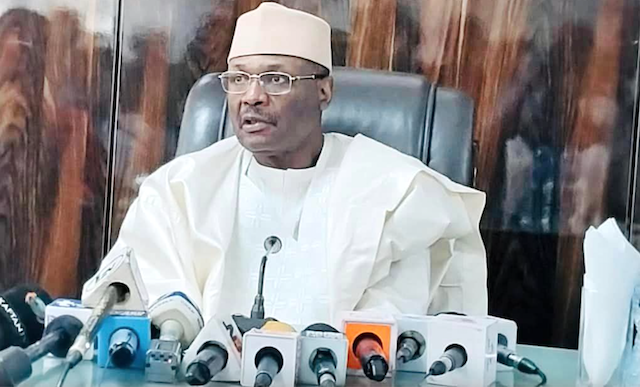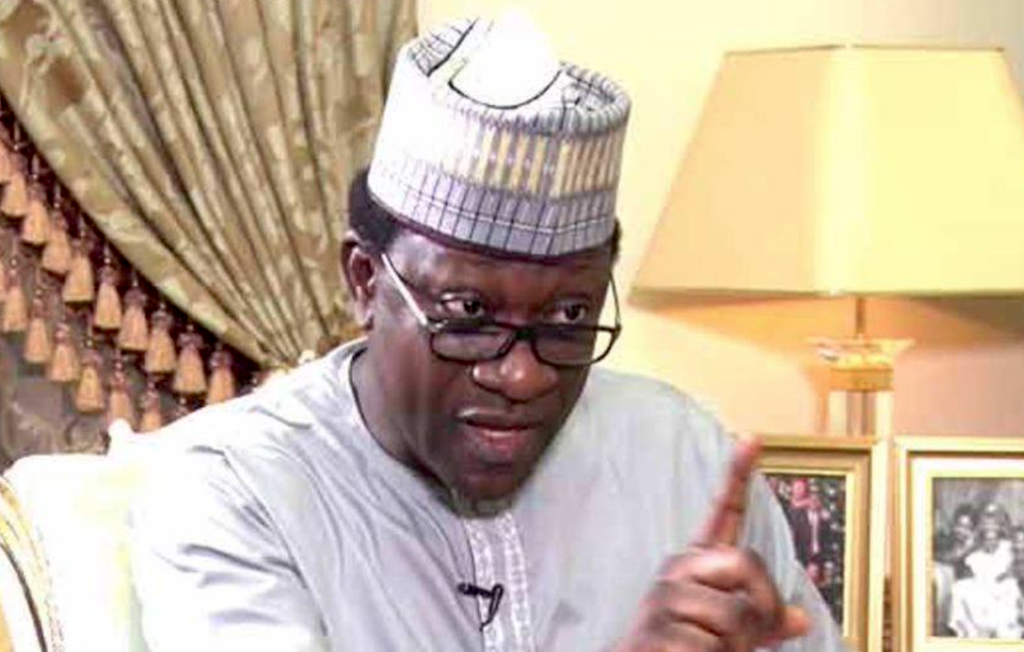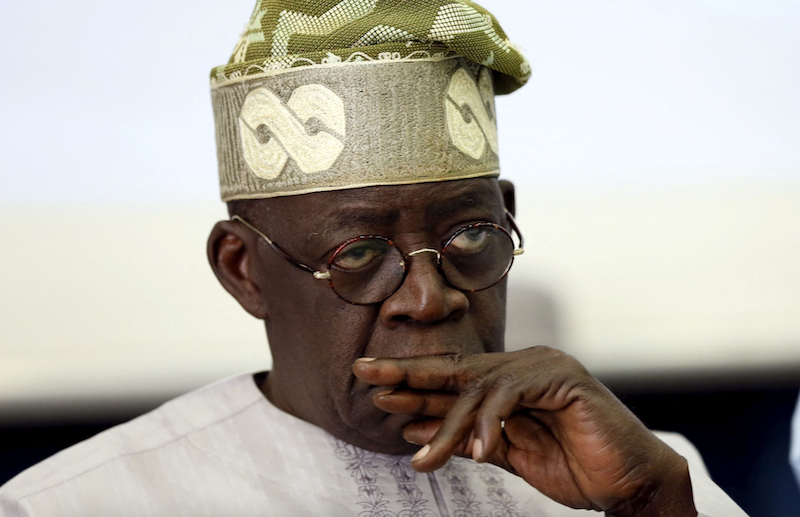The Independent National Electoral Commission (INEC) says it’s leaving no stone unturned in its quest to ensure a hitch-free and credible 2023 general election.
Prof. Mahmood Yakubu, Chairman, INEC, said this when he addressed the press at Chatham House, London, on Tuesday.
Yakubu said that INEC was satisfied with the level of its of preparations for the election, saying that 11 out of 14 activities scheduled for the election had been accomplished.
He, however, said that in spite of extensive preparations, there were still some outstanding issues and challenges of concern, some of which were beyond INEC.
Yakubu said that one of the problems had to do with the current security challenges in the country and the possible impact on the election.
He said security challenges in many African countries remained source of concern for election managers.
“For many years, Nigeria has been grappling with its own insecurity In the North-East, the long-standing Boko Haram insurgency has continued, albeit with attacks now more intermittent than regular.
“In the North-West and the North Central, banditry, terrorism and the herder-farmer conflicts remain major challenges.
“In the South-South, the threat of renewed insurgency by groups demanding more share of petroleum revenue to the Niger Delta continues to simmer.
“In the SouthWest, although an earlier surge by a group demanding independence for the region has considerably dissipated, recent violent attacks on places of worship, rise in the activities of violent cults and kidnapping groups, as well as a history of violence involving groups seeking to control markets and motor parks remain strong,” he said.
Yakubu added:“In the South-East, the lingering agitation for separatism championed by the Indigenous People of Biafra (IPOB) pose a major security threat.
“Not only have violent attacks by a number of armed groups increased, the long-standing weekly lockdown of the five States in that geo-political zone, continue to disrupt social and economic activities.”
He said that violence and threat of violence were major challenges to organising credible election in 2023.
He said that violence could make deployments for elections difficult, particularly where some of the attacks were targeted at the electoral process and participants.
Yakubu however, said that the commission had been working with security agencies and other stakeholders to establish mechanisms to understand, track and mitigate security challenges.
“We are working collaboratively in the context of the Inter-agency Consultative Committee on Election Security (ICCES).
“We also have the Election Violence Mitigation and Advocacy Tool (EVMAT), which is a research and diagnostic tool for predicting and mitigating election violence prior to elections.
“In addition, there is the Election Risk Management Tool (ERM), which tracks and reports general risks to elections.
“In all, we feel assured by the actions we have taken and our collaboration with the security agencies. The 2023 general election will proceed as planned. There is no plan to postpone the election,” he said.
Yakubu said that another challenge was the fate of Internally Displaced Persons (IDP) and rising attacks on INEC facilities, materials and staff.
He said that although INEC had revised its policy on IDPs voting, it was difficult to identify IDPs in some states as they lived in host communities or extended family members or in communities where they were not registered voters.
“As a result, it is very difficult for the Commission to provide necessary electoral services to such IDPs. However, those in camps within Nigeria will be catered for in line with the commission’s policy,” he said.
Yakubu said that between 2019 and 2022 INEC experienced 50 attacks on its facilities, mostly in the form of arson and vandalisation.
He said that the 2022 attacks constituted the deepest concerns for INEC.
“This is so not only because they are increasingly happening closer to the general election, but also because some of them seem to be coordinated,” he said.
Yakubu said that the implication of the attacks was that those facilities must be rebuilt and several election materials must be replaced.
“Further, the commission and security agencies must have to increase the number of their personnel to these facilities.
“Nevertheless, the commission is determined to continue its preparations for the general election in spite of these attacks.
“So far, all the destroyed facilities will be rebuilt, or alternatives found, and the materials lost are being replaced.
“However, the commission has repeatedly called for more concerted efforts to control the attacks,” he said.
He listed other challenges to include campaign violence, fake news and disinformation, campaign finance and vote buying as well as litigations.
Yakubu said that in spite of the challenges, INEC had promised Nigerians and friends of Nigeria that the 2023 general election would be free, fair, credible and inclusive.
“We have left no stone unturned in preparing for it, in spite of several challenges.
“But all elections, especially those involving the type of extensive national deployment like we do in Nigeria, will naturally come with challenges.
“We have worked closely with stakeholders and development partners to confront these challenges and we are satisfied with our preparations so far.
“Our commission does not take the pledge that we have repeatedly made to Nigerians lightly. We are leaving no stone unturned in our preparations,” he said.
Yakubu renewed INEC’s commitment to serving Nigerians only as an independent body.
“We cherish the institutional independence and integrity of the commission.
“With the enthusiasm of Nigerians, the goodwill of stakeholders and partners, and the commitment of the Commission, we believe that the 2023 general election will be among the best conducted in Nigeria,” he said.
He acknowledged that there were enormous expectations, both within Nigeria and outside, on the conduct and management of the election.
Yakubu said that those expectations placed a great responsibility on INEC, a responsibility that was not taken lightly.
“We appreciate that there are challenges and concerns. But we also realise that there is enormous goodwill and support, both in Nigeria and beyond,” he said.
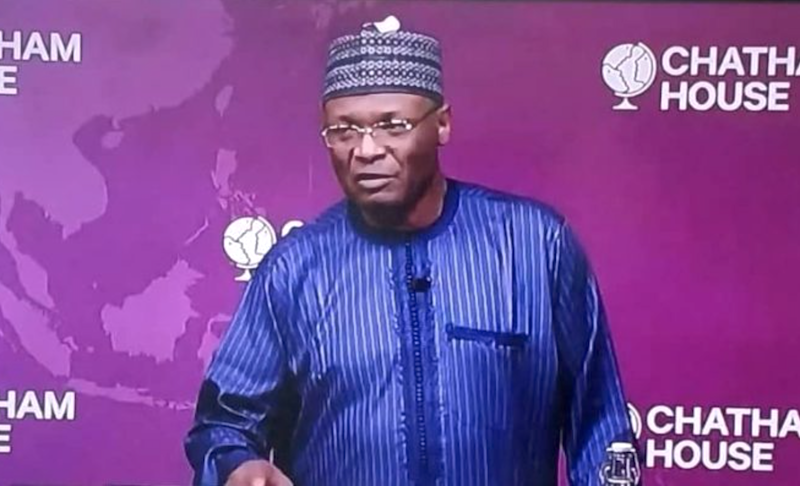

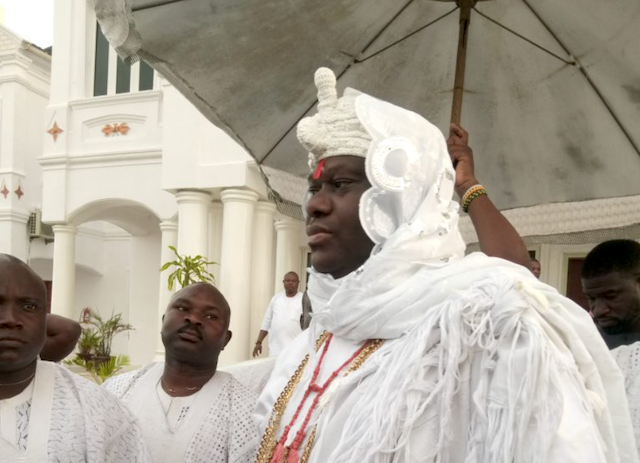
![2023 polls: 70 million young people to decide Atiku, Tinubu, Obi’s fate [INFOGRAPHICS]](https://thenewsguru.ng/wp-content/uploads/2021/03/images-2.jpeg)
